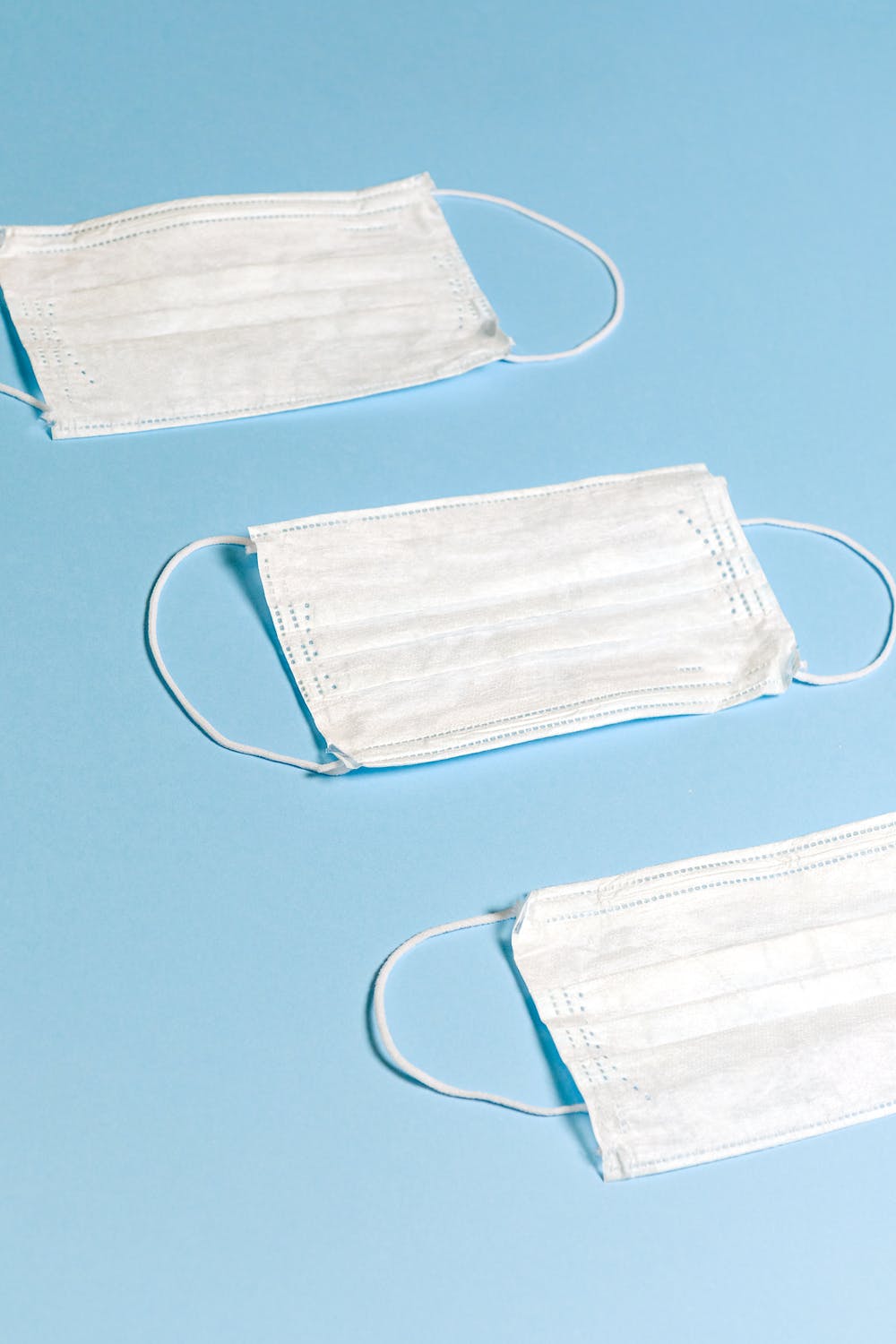Author Interviews, COVID -19 Coronavirus, Dermatology, Lancet / 17.03.2021
COVID-19 Causes Marked Reduction in Skin Sebum Profile
MedicalResearch.com Interview with:
Matt Spick, Post-Graduate Researcher
University of Surrey
Faculty of Engineering and Physical Sciences
Guildford, UK
MedicalResearch.com: What is the background for this study? Are you measuring lipids or the virus?
Response: In this study, we aimed to detect what the virus does to us, rather than the virus itself. The gold standard for detecting COVID-19 is the RT-PCR test, but by their nature, PCR tests only provide diagnostic information, and at times during the pandemic the availability of PCR tests has been a bottleneck for the identification of the disease. Our goal was to investigate a novel method for the diagnosis of COVID-19, at the same time as learning more about what the disease does to us through lipidomics.
(more…)




